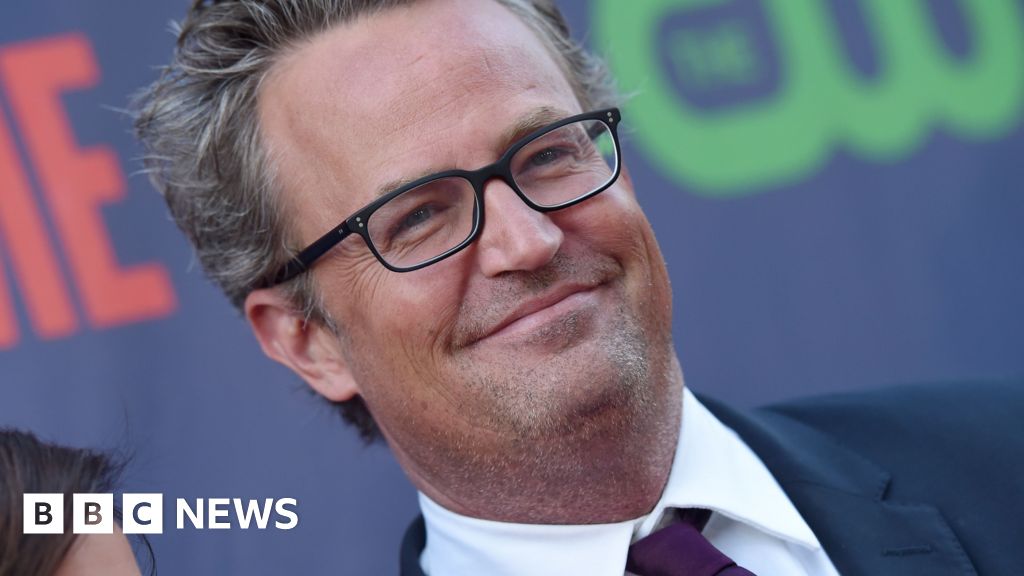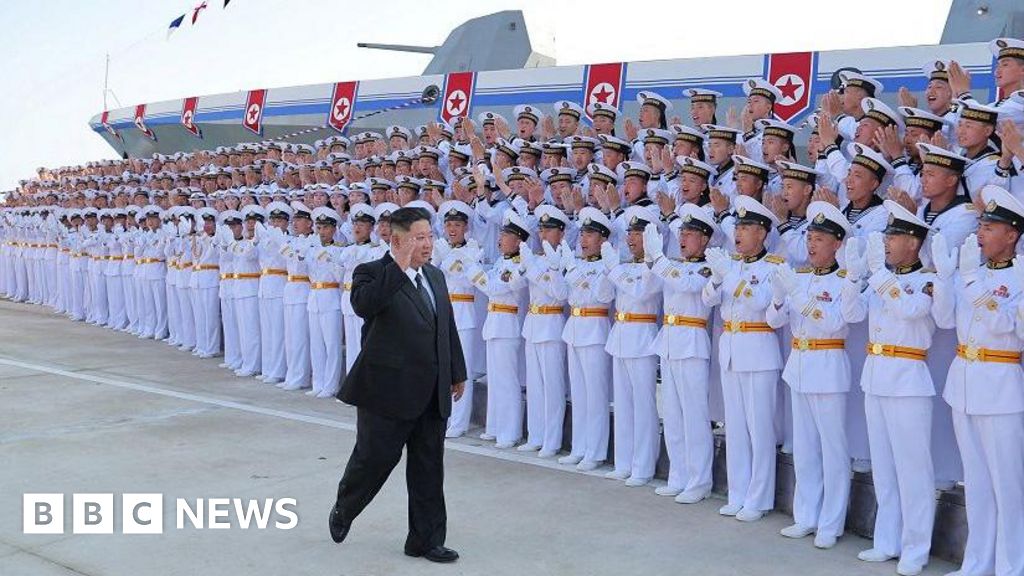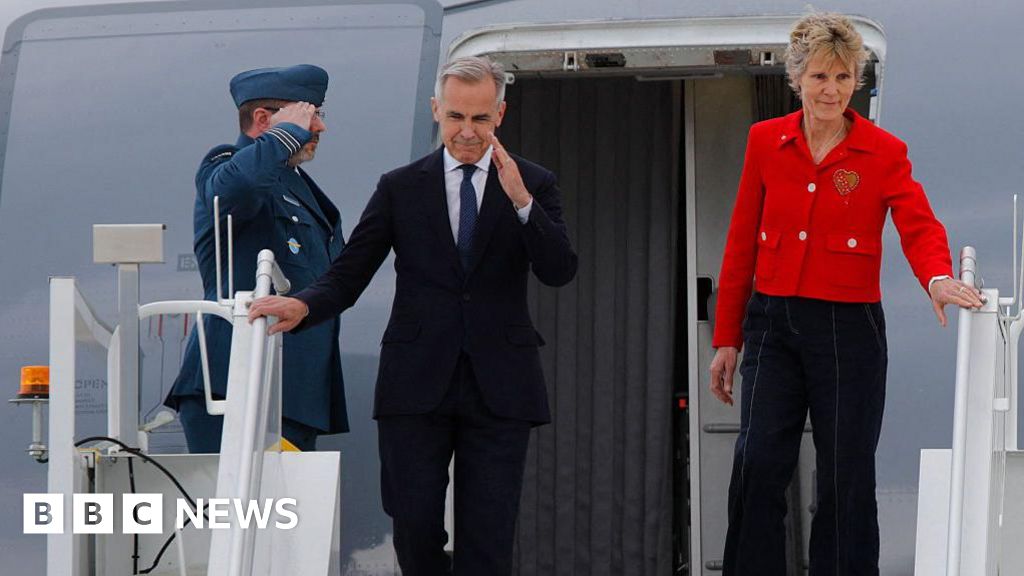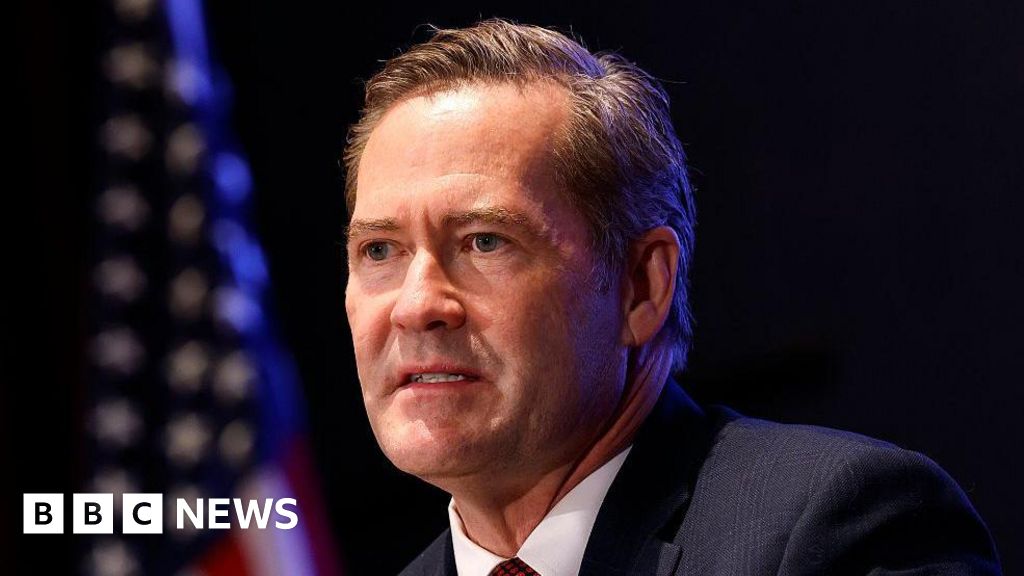US President Donald Trump has nominated Mike Waltz as the next US ambassador to the United Nations, confirming Waltz’s departure as national security adviser.
In a post on Truth Social, Trump thanked Waltz for his work and said he would be temporarily replaced by Secretary of State Marco Rubio.
Waltz faced a difficult tenure at the White House amid accusations that senior officials used insecure methods of communication to conduct government business.
Last month, he took responsibility for a group chat on the Signal messaging app in which high-ranking officials planned military strikes in Yemen in the company of a journalist who was inadvertently added.
The former Florida congressman is the first major official to leave the White House in Trump’s second term. Waltz’s deputy Alex Wong has also reportedly been removed from his post in what appears to be a shakeup of the US’ security establishment.
Several staffers at various departments contacted by the BBC – but who wished to remain anonymous – theorised the Trump administration believes Waltz will not be confirmed by the Senate, allowing the president to remove him from his position without having to dismiss him.
The UN ambassador position has remained vacant after New York Rep Elise Stefanik, Trump’s first nominee, failed to gain support and the president withdrew her nomination.
Waltz must receive approval from the Senate to take the job and he will likely face questions over his role in the Signal group chat earlier this year. Lawmakers in Congress had demanded an investigation and grilled the chat participants in hearings, describing the chat as a major breach.
Minnesota governor and former Democratic vice-presidential candidate Tim Walz referenced the episode as he made light of the national security adviser’s exit on Thursday.
He posted on X: “Mike Waltz has left the chat.”
In March, the editor-in-chief of The Atlantic magazine Jeffrey Goldberg revealed he had been mistakenly added to a group chat on Signal, in which senior officials – including Waltz, Secretary of Defence Pete Hegseth and Secretary of State Marco Rubio – discussed confidential information about a planned military strike on Yemen.
Mr Goldberg revealed he was added to the chat by Mike Waltz, who later took responsibility for the fiasco.
At the time, Trump and US intelligence chiefs downplayed the security risks and said no classified material was shared.
President Trump had defended Waltz, saying he was “doing his best” with “equipment and technology that’s not perfect”.
Bernd Debusmann Jr contributed reporting.
Source link














